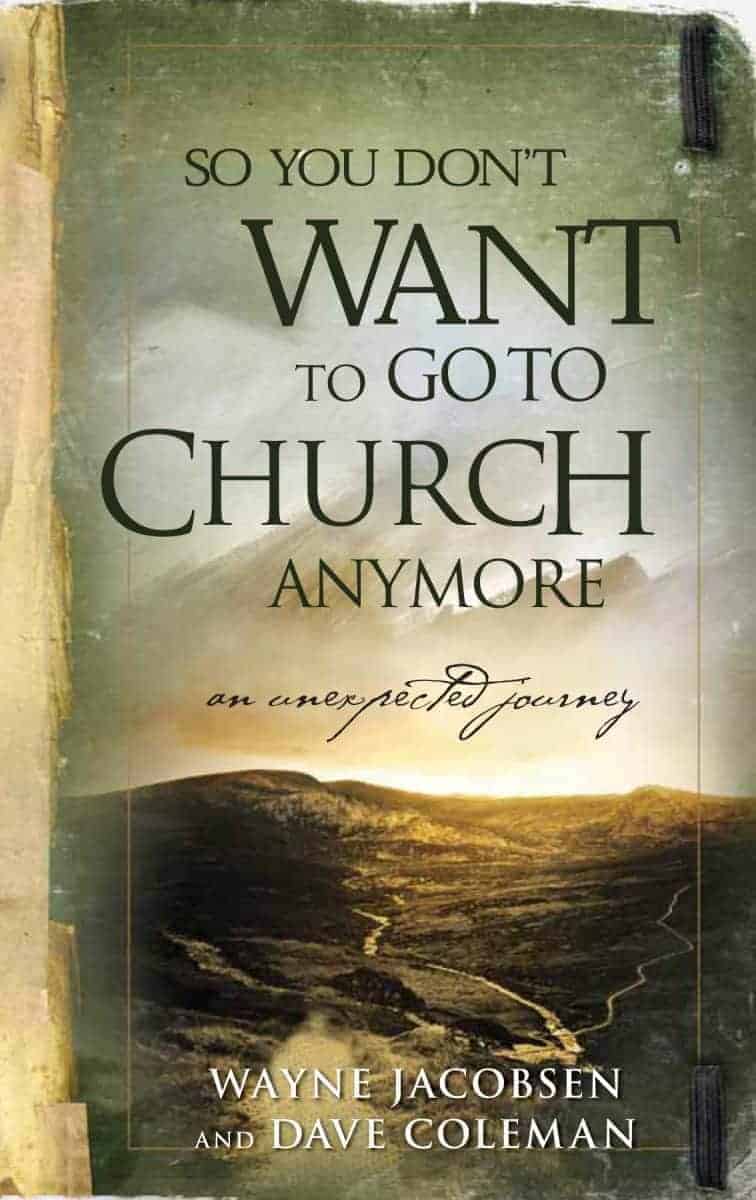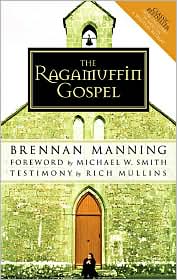Corban
Years ago I decided I liked the name Corban after reading it in Mark 7:11:
Last week I went to a Waldensbook store (which is now owned by Borders) that is going out of business. All of the books are marked down between 40% and 75%. As I was searching through the Christian section I noticed a series of Bible study books, including a Bible dictionary. As I leafed through the dictionary my eye caught the word Corban. The definition was interesting to me so I looked it up again online when I got home.
The same website goes on to say...
Whoa.
Easton's Bible Dictionary says:
Excuses, excuses.
And to get a real in depth look at this passage (and I mean, deep) you need to check out the Matthew Henry Complete Commentary. Here is just a portion of that commentary:
Yes, deep. But awfully profound. Suddenly Corban means a lot more than simply a gift to God. I mean, Corban in itself it not a bad thing, but how we use that gift dedicated to God is. Especially if it effects our family, and our parents particularly.
Traditions, ministry, gifts, excuses, obedience, neglect, hypocrisy, obligation, commandment. Those words shouldn't be in the same sentence. But often they are.
So what does that mean for me? Or for you? It may be simple... don't let your gifts get in the way of your obedience to God's commandments. And for goodness sake don't proclaim something as Corban or offer your gifts to God while neglecting your responsibility to care for your parents.
But you say that if a man says to his father or mother: 'Whatever help you might otherwise have received from me is Corban' (that is, a gift devoted to God), then you no longer let him do anything for his father or mother.
Last week I went to a Waldensbook store (which is now owned by Borders) that is going out of business. All of the books are marked down between 40% and 75%. As I was searching through the Christian section I noticed a series of Bible study books, including a Bible dictionary. As I leafed through the dictionary my eye caught the word Corban. The definition was interesting to me so I looked it up again online when I got home.
What is the "Corban" mentioned in this passage, and how does it tie in with Christ's words? According to Nelson's Illustrated Bible Dictionary, Corban is "a word applied to a gift or offering in the Temple which declared that gift dedicated to God in a special sense. Once a gift was offered under the special declaration of Corban, it could not be withdrawn or taken back; it was considered totally dedicated for the Temple's special use. Jesus condemned the Pharisees for encouraging the people to make such gifts to the Temple while neglecting their responsibility to care for their parents . . ." (1986, "Corban").
The same website goes on to say...
The International Standard Bible Encyclopaedia adds: "Anything dedicated to the temple by pronouncing the votive word 'Corban' forthwith belonged to the temple, but only ideally; actually it might remain in the possession of him who made the vow. So a son might be justified in not supporting his old parents simply because he designated his property or a part of it as a gift to the temple, that is, as 'Corban.' There was no necessity of fulfilling his vow, yet he was actually prohibited from ever using his property for the support of his parents" (Electronic Database, 1996, Biblesoft, "Corban").
Jesus taught that proclaiming something as Corban as an excuse for refusing to help one's needy parents was a violation of the Fifth Commandment, "Honor your father and your mother" (Exodus 20:12).
Whoa.
Easton's Bible Dictionary says:
Our Lord condemns the Pharisees for their false doctrine, inasmuch as by their traditions they had destroyed the commandment which requires children to honour their father and mother, teaching them to find excuse from helping their parents by the device of pronouncing "Corban" over their goods, thus reserving them to their own selfish use.
Excuses, excuses.
And to get a real in depth look at this passage (and I mean, deep) you need to check out the Matthew Henry Complete Commentary. Here is just a portion of that commentary:
(Jesus) reproves them for laying aside the commandment of God... (and) he gives them a particular instance of, and a flagrant one--God commanded children to honour their parents, not only by the law of Moses, but, antecedent to that, by the law of nature; and whoso revileth, or speaketh evil of, father or mother, let him die the death, Mark 7:10. Hence it is easy to infer, that it is the duty of children, if their parents be poor, to relieve them, according to their ability; and if those children are worthy to die, that curse their parents, much more those that starve them. But if a man will but conform himself in all points to the tradition of the elders, they will find him out an expedient by which he may be discharged from this obligation, Mark 7:11. If his parents be in want and he has wherewithal to help them, but has no mind to do it, let him swear by the Corban, that is, by the gold of the temple, and the gift upon the altar, that his parents shall not be profited by him, that he will not relieve them; and, if they ask any thing of him, let him tell them this, and it is enough; as if by the obligation of this wicked vow he had discharged himself from the obligation of God's holy law; thus Dr. Hammond understands it: and it is said to be an ancient canon of the rabbin, That vows take place in things commanded by the law, as well as in things indifferent; so that, if a man make a vow which cannot be ratified without breaking a commandment, the vow must be ratified, and the commandment violated; so Dr. Whitby. Such doctrine as this the Papists teach, discharging children from all obligation to their parents by their monastic vows, and their entrance into religion, as they call it. He concludes, Any many such like things do ye. Where will men stop, when once they have made the word of God give way to their tradition? These eager imposers of such ceremonies, at first only made light of God's commandments in comparison with their traditions, but afterward made void God's commandments, if they stood in competition with them. All this, in effect, Isaiah prophesied of them; what he said of the hypocrites of his own day, was applicable to the scribes and Pharisees, Mark 7:6. Note, When we see, and complain of, the wickedness of the present times, yet we do not enquire wisely of that matter, if we say that all the former days were better than these, Ecclesiastes 7:10. The worst of hypocrites and evil doers have had their predecessors.
Yes, deep. But awfully profound. Suddenly Corban means a lot more than simply a gift to God. I mean, Corban in itself it not a bad thing, but how we use that gift dedicated to God is. Especially if it effects our family, and our parents particularly.
Traditions, ministry, gifts, excuses, obedience, neglect, hypocrisy, obligation, commandment. Those words shouldn't be in the same sentence. But often they are.
So what does that mean for me? Or for you? It may be simple... don't let your gifts get in the way of your obedience to God's commandments. And for goodness sake don't proclaim something as Corban or offer your gifts to God while neglecting your responsibility to care for your parents.




6:05 AMIt is febr 2013 and I also never understood what Corban ment.
Your surging gives me also the answer, whereby to me it can also be used in the context of remarriage (second) vows.
How valid are they compared to the first vow when a first spouse still lives?
Frits from Holland
8:21 PM
Hi Frits - unfortunately I cannot speak specifically to marriage vows because I am not married myself. That said, your commitment to your second spouse should be no different than it was to the first. A vow is a vow, and since you are now with someone new it doesn't matter that your former spouse is living. You need to honour your new spouse as a gift from God according to the principles of marriage in the Bible. Hope that helps!
» Post a Comment